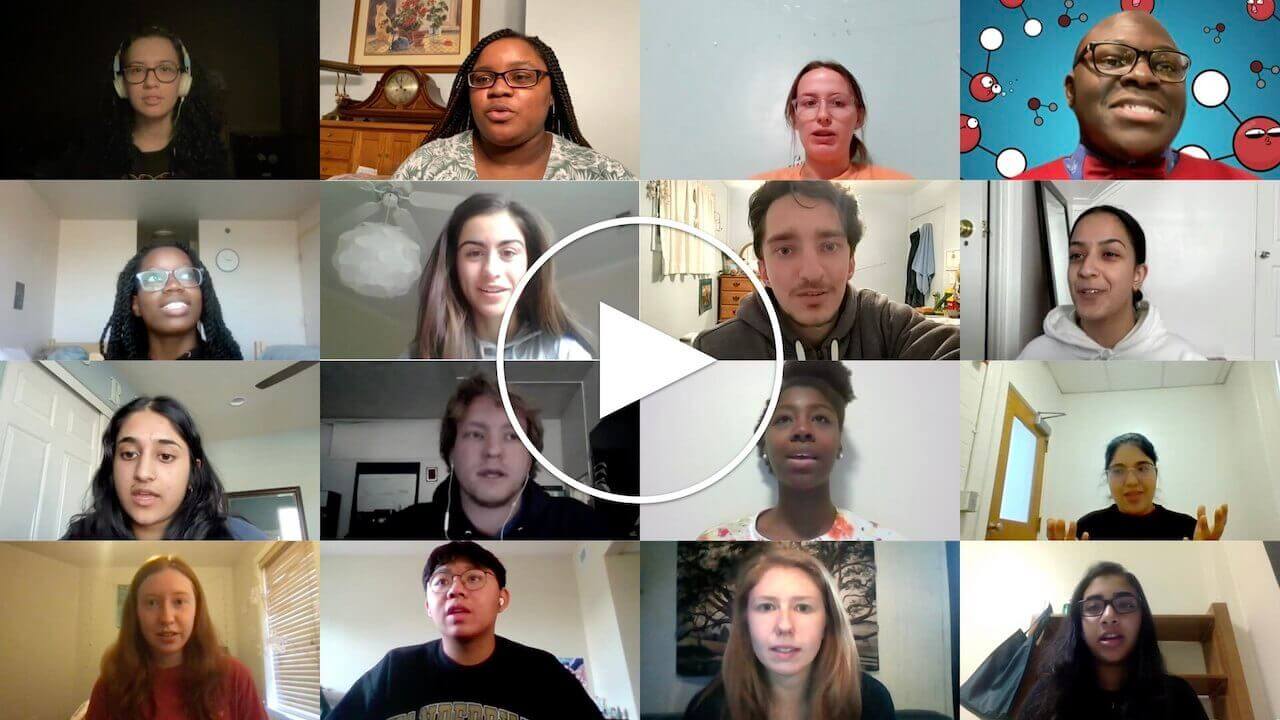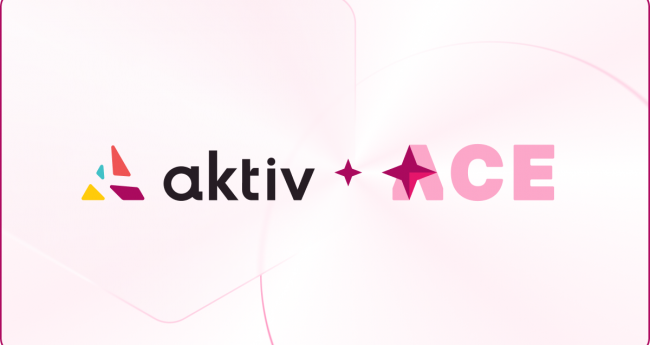According to a major survey of college chemistry students, textbooks and laboratory activities – traditional staples of chemistry classes – were considered to be among the least helpful learning tools and activities.
In a survey of more than 6,200 college chemistry students, only 34% of students considered textbooks ‘very helpful’ to their learning. Instead, students say problem-solving activities, tutors, and small discussion groups are helpful learning practices.
The survey — the largest of its kind — was conducted by Aktiv Learning in December 2021. The company asked chemistry students in 440+ colleges and universities across North America to rate the learning effectiveness of the resources and learning activities they encountered in their classes.
What’s NOT Helping
When evaluating all the resources and activities that make up their course experience, students most frequently rated their textbook as “not at all helpful” to their learning. A solid 20.2% (1,100+) of all surveyed chemistry students (whose courses include a textbook) cast this vote. It should be noted that 10% of respondents (~555 students) stated that their courses did not include a textbook. On the flip side, only 34% considered textbooks to be “very helpful” to their learning.
In an open-response question about what learning tools and resources were most or least helpful to understanding chemistry, one student wrote:
“The homework was the most useful and I found that the textbook was only useful for its periodic table.”
In a potentially surprising finding, lab activities came second to textbooks in scores of “not helpful” to learning. Among in-person students, 13.9% rated labs as “not at all helpful” while 10.7% of online students gave that same rating.
The third least helpful resource was “paper and pencil homework”, with 9.5% of students who received paper/pencil homework giving this rating. Reflecting the decreasing trend in this type of homework, 39% of respondents stated that this activity was not a part of their course.
What IS Helping
As for what chemistry students say does help them learn, the results varied by instruction method.
Overall, for students taking courses both online and in-person, online homework was considered the most impactful component to learning. Of the students in online classes, 74.6% found it ‘very helpful’ and 21.9% found it ‘somewhat helpful.’ For students taking in-person classes, 69.25% considered it very helpful and 26.9% considered it somewhat helpful.
Students taking in-person classes considered the lectures to be more helpful to their learning than did students taking online classes. In-person students rated in-person lectures (70.2%) and in-class problem-solving (66.8%) as the most helpful learning activities after online homework. For students taking online courses, however, the next highest rated activities were videos/simulations depicting chemistry concepts (63%) and additional/optional study/practice sessions (59.7%).
Tutors and Recitations
The survey also asked chemistry students about school-provided tutors with 89% saying their school offered free tutoring services staffed with former students. According to the survey, a healthy 39% of those students used those services. Of the students who used chemistry tutoring services, a very strong 88% found them helpful.
Even so, numerous students expressed frustration with the limited number of tutors who could assist with chemistry specifically, as well as the generally limited availability of tutors overall. In open response questions, hundreds of students said tutor availability conflicted with class times or work obligations, making the valuable resource beyond reach.
It seems a wake-up call to schools — if they want their students to not just pass chemistry and other challenging STEM subject but actually understand it, they need to invest more in chemistry-specific tutors and make them available at times when students actually need help – after hours, on weekends, immediately following class times on campus.
Students also commented on the efficacy of small problem-solving and discussion sections, known as “recitations.” In large lecture courses, schools often offer these types of smaller discussion groups, even though it is a relatively new phenomenon in STEM courses such as chemistry. In the survey, 86% of the students whose classes include a discussion or recitation section stated that the sessions helped them learn.
On Homework
Underneath the strong showing of “online homework” as a helpful learning tool, the student responses to open questions were insightful. These comments offer potential guidance for educators in designing better learning activities – not just in chemistry but in other courses as well.
In the survey, hundreds of student responses pinpointed the ability of online homework to “give multiple attempts without penalty” and to provide feedback “which did not give away the answer but let me try again.”
This is a highly significant point of cognitive science on teaching and learning. To really learn, students need to practice and make mistakes in a risk-free environment, where they won’t be penalized for being wrong, but could instead explore, learn from struggle, and build conceptual understanding.
When, instead, homework penalizes multiple attempts, it incentivizes getting the right answer at the cost of mastery and, potentially, academic integrity.
Survey Information
The survey collected responses from 6,203 students in first or second-year chemistry classes at more than 440 colleges and universities. The data were collected in December, 2021. Seventy-four percent of the students surveyed were taking their classes in-person and 23% were online. Just 8.2% of the sample were chemistry majors. Most were STEM majors undertaking a required chemistry section.




